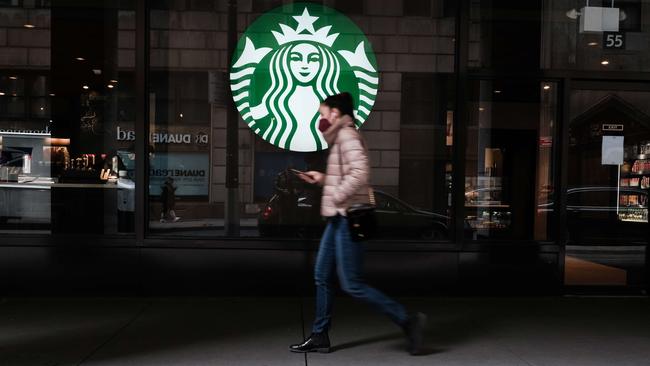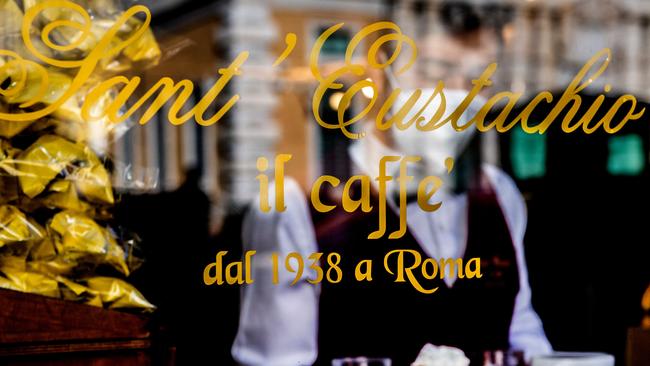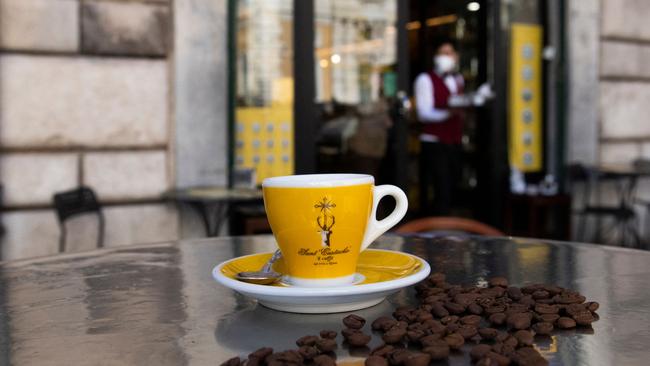Starbucks has Romans in a flappuccino
The home of real cappuccinos and espressos has finally fallen: Starbucks, the coffee giant with 34,000 outlets worldwide, has opened its first branch in Rome.

The home of real cappuccinos and espressos has finally fallen: Starbucks, the coffee giant with 34,000 outlets worldwide, has opened its first branch in Rome.
The doors opened on Tuesday at Castel Romano on the edge of the eternal city, where Starbucks promised its huge range of coffees, “including the classic frappuccino, as well as the chance to relax in comfortable chairs with free wifi”.
Howard Schultz, the founder of Starbucks, may have got the idea to launch the chain in 1983 while sipping an espresso in Milan, but the chain has been slow to enter the Italian market, perhaps because of the country’s habit of knocking back a €1 ($1.44) espresso while standing at a counter rather than sitting down to consume large amounts of high-priced hazelnut bianco latte.
That has changed in recent years, however. Starbucks opened a gourmet branch with its own roaster in 2018 in Milan and has opened 16 more outlets since then.

“Despite initial fears, Starbucks is now much appreciated by Italians,” a spokeswoman said.
Apart from one branch outside Florence and now Rome, the other outlets are all in northern Italy with six in Milan, where busy office workers appear to have adopted the un-Italian practice of rushing to work clutching a large beaker of Starbucks coffee.
The Rome opening is the farthest south the chain has ventured, ever closer to Naples where espresso-loving locals may still be reluctant to order an iced honey almond milk flat white.
“There are no plans to open in Naples right now,” the spokeswoman said.
Starbucks’ inexorable expansion in Italy comes as purists lobby to get the ritual of traditional, stand-up espresso chugging placed on Unesco’s cultural heritage list alongside pizzas and truffle hunting.
One activist who has lobbied for the listing said Starbucks was a welcome presence in Rome. “These are two experiences that can co-exist,” said Sergio Paolantoni, head of the Rome chapter of the retail lobby group Fipe Confcommercio.
“You can have a frappuccino in the morning, then later go to your local cafe and have a good espresso.”
The Times




To join the conversation, please log in. Don't have an account? Register
Join the conversation, you are commenting as Logout